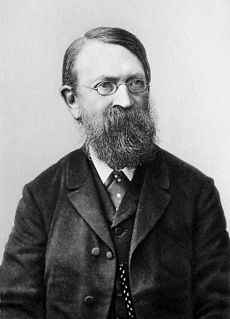Machine learning (ML)-based materials models have shown great promise in capturing constitutive relations for material systems where history and microstructure dependencies are too complex for closed-form analytical or empirical models. Due to the robust ecosystem of ML frameworks, particularly in Python, new models can be rapidly developed. Conversely, integration of ML models into finite element analysis (FEA) codes is laborious. The Abaqus Vectorized User MATerial (VUMAT) model is an interface adopted by many FEA codes that provides an opportunity for incorporating ML models, but requires significant effort to re-implement Python-based ML models in Fortran or C.
In this work, we present a publicly available VUMAT framework that directly interfaces with state-of-the-art ML packages through the Python/C API. This greatly reduces the time to implement, debug, and revise new ML constitutive models. We demonstrate the capabilities of this framework with ML models of varying complexity. We also show significant computational efficiency within robust, widely used FEA codes by leveraging the native support for multi-threaded-CPU and GPU accelerations in PyTorch.

